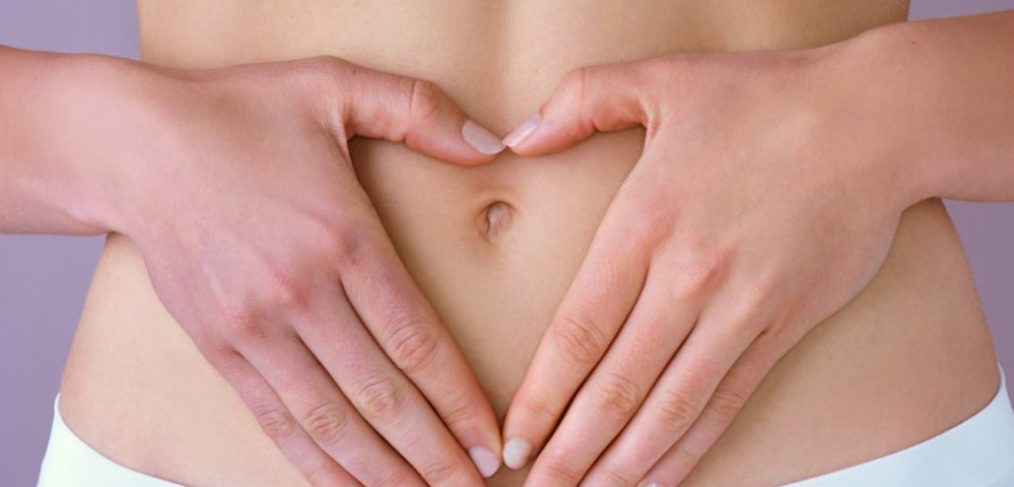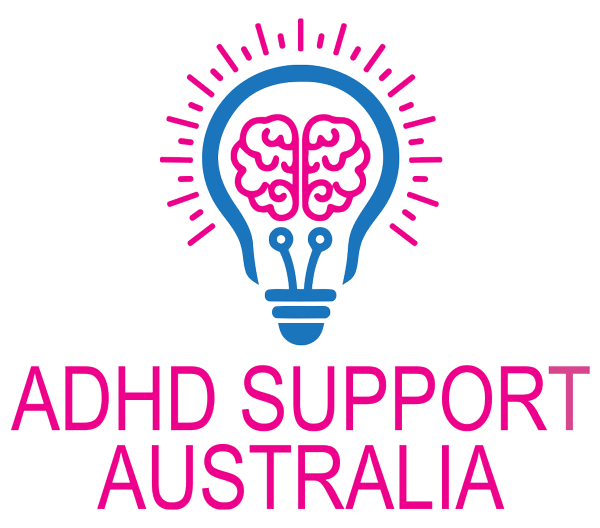
Good Guts Good Health
Good Guts Good Health
The amazing gastrointestinal tract (GIT), or gut, essentially consists of a long tube within which the foods you eat are broken down so your body can absorb the nutrients and goodness they contain.
A sign of a healthy gut is not only good digestion, but also passing regular, formed bowel motions and being free from uncomfortable symptoms.
Bloating, intestinal pain, wind, constipation and diarrhoea are all signs of an unhappy gut – one that isn’t working optimally.
Unfortunately, though you’re not meant to experience symptoms such as these, many people live with them on a daily basis.
It All Comes Back to the Gut
Did you know the foods you eat can rapidly alter your gut health, and ultimately affect your health overall?
When you consume foods and drinks that are detrimental to health (e.g. processed foods, foods you are reactive to, or alcohol), your gut can become irritated and inflamed, and you may experience uncomfortable digestive symptoms.
More than 70% of your immune system is found in the gut; and inflammation is your immune system warning you that these foods may be harmful to the sensitive lining of your gut.
Ongoing gut issues can even impact what is considered your ‘gut-brain connection’ – the part of the nervous system that links your brain with the GIT.
In these situations, people may find they experience anxiety and low mood when their gut is out of sorts.
Holding It All In
Just as a well-sealed compost bin contains the compost until it is ready to nourish your garden, a healthy gut lining contains digested foods until their nutrients are ready to be absorbed. Providing a robust barrier, your gut lining also keeps harmful substances (e.g. waste products) within your digestive tract, allowing only beneficial nutrients to enter your bloodstream.
If the integrity of your gut lining is weakened (known as ‘leaky gut’) due to stress, alcohol, poor diet, bacteria, parasite or a digestive disorder, this may allow incompletely digested food particles and/or waste products to leak into your bloodstream.
This is associated with symptoms including bloating and gas, but also fatigue, ‘brain fog’, allergy, cardiovascular disease and diabetes.
The Power of Probiotics
Probiotics are specific strains of beneficial bacteria that can also help assist in improving and/or maintaining optimal gut health by influencing your own gut microbiota.
Breaking It Down
Your body produces digestive enzymes to help break food into smaller particles, so they can be absorbed. If you are stressed, tend to eat on the run or have a digestive disorder of some kind, you may not produce sufficient enzymes. This can lead to symptoms of bloating and fullness after meals due to slow or incomplete digestion.
Supporting enzyme production can provide relief from these symptoms.
Love Your Guts
Implement these key suggestions to improve your gut health:
- Increase your intake of fruit, vegetables and fibre-rich foods such as legumes and wholegrains, which promote beneficial gut bacteria and overall digestive health.
- Reduce your intake of alcohol and processed, sugary and fatty foods which can harm your gut lining.
- Focus on stress management. Stress reduces digestive enzyme production and increases leaky gut.
Eat slowly, chew thoroughly, and don’t eat on the run. Eating slowly signals to your gut that food is coming, stimulating enzymes and improving digestion.
The author, Jane Miles, is a Naturopath, Medical Herbalist, Clinical Nutritionist, Iridologist, Kinesiologist & Mindfulness Teacher at Northern Beaches Naturopathy based in Newport, NSW.
